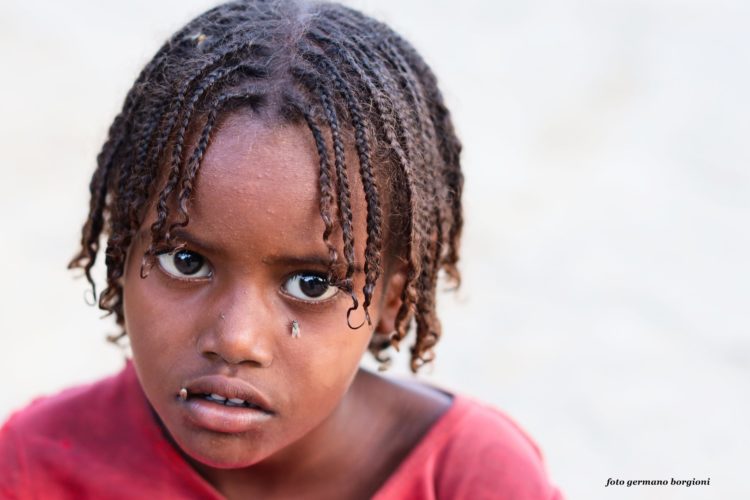
11-4-2020
“The coronavirus knows no borders” they say, and as two hundred and ten nations have experienced, it’s most certainly true.
But apparently neither does desperation. As refugees continue to risk their lives over the Mediterranean sea to stand on European shores, they risk bringing new dangers, for themselves and others.
From the get-go, refugees have been seen through polar opposite lenses, while some take pity on them, others think they should be sent back to their place of origin. This stark difference has never been more opposing than now. With the added danger of SARS-CoV-2 to both the refugees and those who provide them with aid, the situation has been drastically compounded. In Italy, where the situation is starting to look up for the virus battered, quarantine harrowed nation, risk of restarting the nightmare from the beginning is still too high. The Alan Kurdi, a German ship bearing the name of a child victim, carrying one hundred and fifty six people was stopped off the coast of Italy and transferred to a quarantine ship, where they will be cared for until they are ascertained to not carry the contagion. “It’s in the interest of everyone” the Italian Health ministry affirms. Meanwhile, across the Adriatic, Greece is having issues of their own, trying to keep their population safe while managing the large loads of refugees who continue to make crossings in these perilous times.
Despite this dire news, elsewhere in Europe heroic examples of the bravery and solidarity of the refugees there shine an optimistic light on those who give back when they are given to in turn. Refugee doctors from Libya and Somalia living in France are risking their own lives to give essential aid to french citizens and the refugee population.
The pandemic has caused many people around the world to show solidarity, refugees included among them, who are willing to put their own lives on the line to give aid to their host nations. In Europe, many refugees that graduated medical school in their home countries are finding new ways to use their skills to help and take care of the people who need them.
The story of Mohamed.
Mohamed, 39, used to work in his home country of Libya as a doctor. He was specialising in surgery before the conflict in his home nation forced him to leave for France in 2016. All the obstacles to get there didn’t diminish his hippocratic spirit, as he continued his career when he arrived in France. He passed all the necessary language exams and began the trial period as a doctor in training, where he started working in Rouen and Limoges, in the central east of the nation. He also started working as a volunteer for non profit organisations, “Les Restos du Coeur”, and he is ready to go wherever he is needed.
“My dream is to work as a doctor, it’s my life” he states proudly. When the covid 19 crisis started in France, he enrolled himself with the ministry of health immediately to help the medical personnel of the hospitals fighting against coronavirus.
“I’m ready to do anything to help, I’ve seen in other european countries that other refugee doctors are being called to help in these desperate times and I’m ready and able to work in any position in the ER, a nurse, at the help desk, wherever they need me”
Mohamed told us that his experience with war in Libya has taught him to remain calm and concentrate in the most difficult of times.
“An epidemic can be stressful, but it’s nothing compared to war. I’m not afraid”
Yasin’s story
Before escaping Somalia three years ago, Yasin finished his medical studies. When he arrived in France, he was anxious to begin work as a doctor, but he didn’t find any openings and even lived on the streets of Paris for a while. This didn’t break his will however, and he made an NGO, ‘Exiles living in France’, to make a difference in his new country. Refugees are heavily involved in this organisation, where they give their lingual skills to translate documents. The pandemic has given this organisation the opportunity to help a lot of people, the refugee volunteers are translating around ten documents per week, mainly for political asylum seekers, and now they are translating quarantine protocols and medical advice on who to contact in case of illness, for the betterment of the migrant population in France. “Hospitals, NGO’s and refugee shelters have sent us many documents and we have translated them free of charge. Some refugees do not understand the quarantine or the situation, and so we are translating these important documents into their language. In difficult situations like these, the language barrier can be frustrating, so we are here to help. Stay home and stay strong” Yasin advises.
Written by Ashley Dry